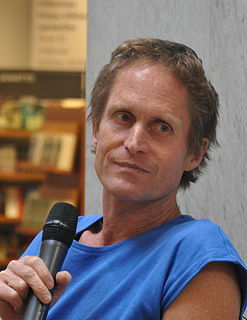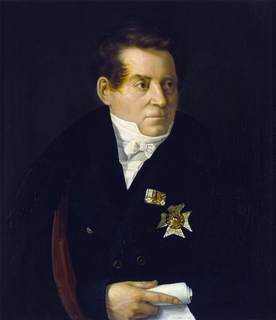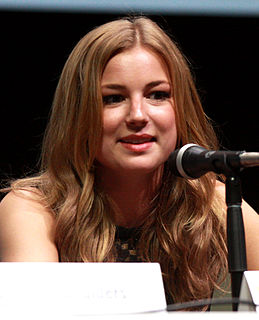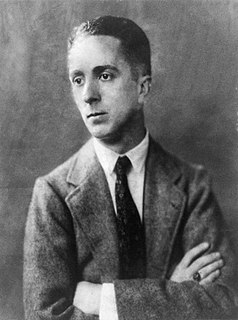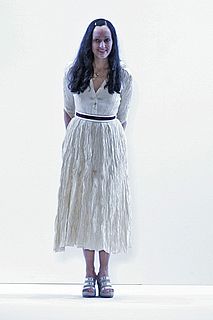A Quote by Chris Grayling
In an ideal world, no one should get something for nothing.
Related Quotes
In the ideal world, philanthropy should be redundant or at least it should be at the edges, as innovation or risk capital. But it's far from an ideal world; the wealthy are cornering more and more opportunities and resources from this planet. So, the big challenge for philanthropy is... can it engage with the distribution of wealth itself?
Any good broadcast, not just an Olympic broadcast, should have texture to it. It should have information, should have some history, should have something that's offbeat, quirky, humorous, and where called for it, should have journalism, and judiciously it should also have commentary. That's my ideal.
When my mother didn't come back I realized that any moment could be the last. Nothing in life should simply be a passage from one place to another. Each walk should be taken as if it is the only thing you have left. You can demand something like this of yourself as an unattainable ideal. After that, you have to remind yourself about it every time you're sloppy about something. For me that means 250 times a day.
You Europeans know nothing about America. Because we amass large fortunes you think we care for nothing but money. We are nothing for it; the moment we have it we spend it, sometimes well, sometimes ill, but we spend it. Money is nothing to us; it's merely the symbol of success. We are the greatest idealists in the world; I happen to think that we've set our ideal on the wrong objects; I happen to think that the greatest ideal man can set before himself is self-perfection.
I unconsciously decided that, even if it wasn't an ideal world, it should be. So I painted only the ideal aspects of it - pictures in which there are no drunken slatterns or self-centered mothers... only foxy grandpas who played baseball with the kids and boys who fished from logs and got up circuses in the backyard.
Fashion lives in the world of ideals; it is not necessarily grounded in the real world. The question becomes whose ideal it is. My ideal happens to be diversity. I love difference. I love change. I love experimentation and eccentricities. I like not knowing something and then discovering. Fashion can only reflect this diversity if we designers have an open and curious mind.
Melville had to fight, fight against the existing world, against his own very self. Only he would never quite put the knife in the heart of his paradisal ideal. Somehow, somewhere, somewhen, love should be a fulfillment, and life should be a thing of bliss. That was his fixed ideal. Fata Morgana. That was the pin he tortured himself on, like a pinned-down butterfly.
When I speak of the aspiration towards the beautiful, of the ideal as the ultimate aim of art, which grows from a yearning for that ideal, I am not for a moment suggesting that art should shun the 'dirt' of the world. On the contrary! the artistic image is always a metonym, where one thing is substituted for another, the smaller for the greater. To tell of what is living, the artist uses something dead; to speak of the infinite, he shows the finite. Substitution... the infinite cannot be made into matter, but it is possible to create an illusion of the infinite: the image.





